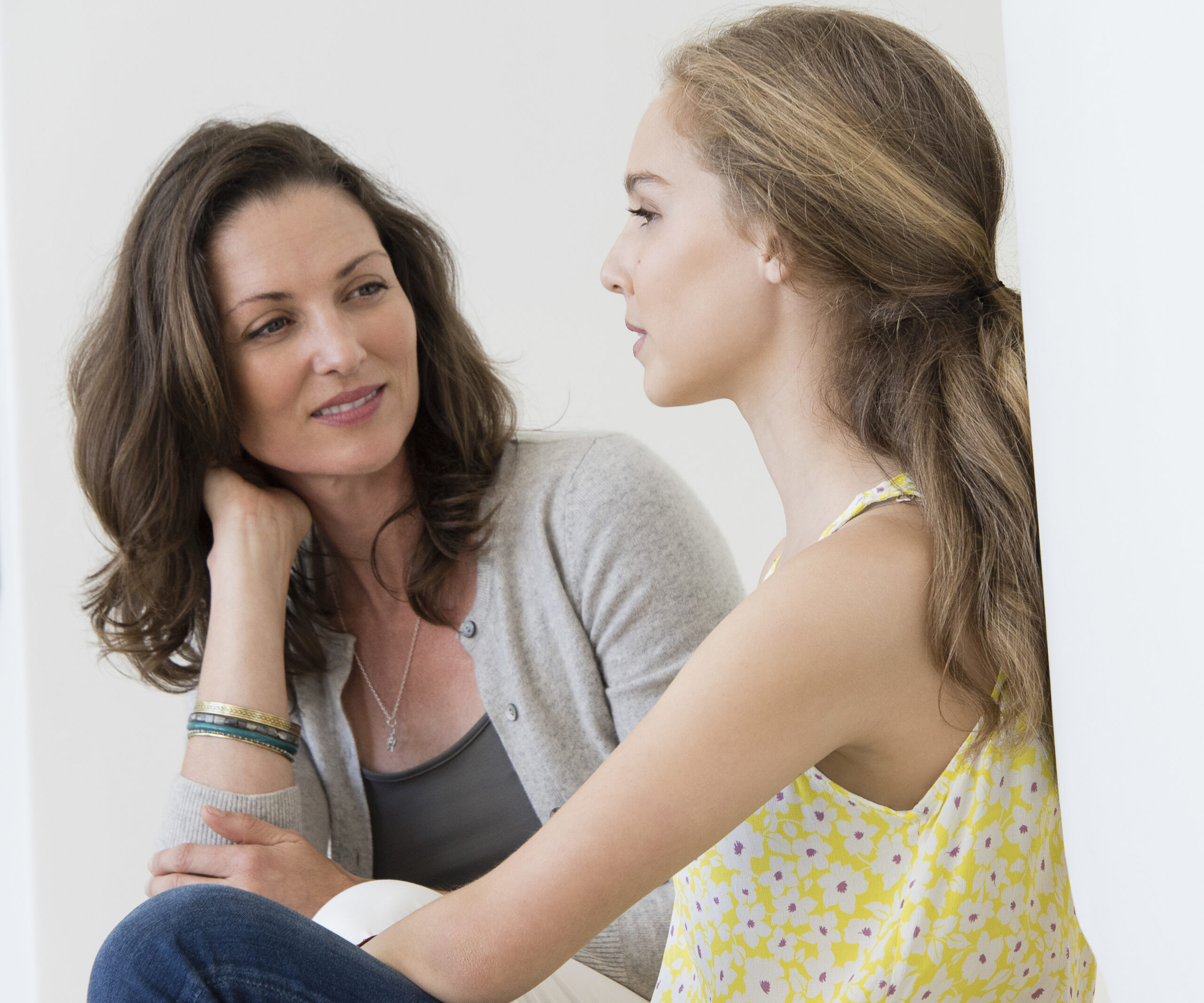Forget about celebrating when your kids turn 18 or 21 – for many parents, it’s the child’s 14th birthday they’re counting down to.
That’s the age when it’s no longer illegal to leave a child alone without reasonable provision for their care, in New Zealand.
Because “reasonable provision” can be a grey area, many people err on the side of caution and wait until that birthday to leave their child unsupervised, particularly for longer periods of time.
But even when they turn 14, it doesn’t mean they’re magically equipped to cope on their own. Maturity levels of teenagers can vary hugely and though some may be responsible enough to look after themselves from a younger age, others still need supervision at 14.

When is it okay to leave a child unsupervised?
It’s up to parents and caregivers to assess the circumstances, and make sure children and young people left alone are not in danger or at unacceptable risk of harm.
This includes considering factors such as the child’s level of maturity and understanding, where they will be left, how long they’ll be left for and how often, and whether they’ll be in charge of younger children.
You also need to assess how they would cope in an emergency.
Although many youngsters can happily keep themselves occupied when unsupervised, they may not be able to deal with a situation that goes wrong.
Unsupervised children are more likely to put themselves at risk of harm, suffer an accident in the home, look at inappropriate material online and do things they know they are not meant to do – such as playing with weapons or sampling alcohol kept in the home.
If your teenager is looking after younger siblings, they need to know what to do if their brother or sister gets upset or sick.
They must also understand that very small children need to be constantly watched and they must be capable of removing potential hazards.
The law applies not only to children who are left at home alone, but also to those left unsupervised in other locations, including vehicles and public places
such as shopping centres and playgrounds.
Some places, such as public swimming pools, have notices specifying minimum ages for children left without adult supervision. Others don’t, and this can be tricky – for example, is it acceptable to let a 10-year-old wander around a mall or hang out at a playground alone?
Oranga Tamariki, the Ministry for Children, says it comes down to a judgment call by parents, who have to consider safety issues when deciding whether their children need a responsible adult with them.

